Weekend Binge: Like Hereditary, 10 films audiences hate, but the critics adore
Do professional reviewers’ views reflect the audiences’? Are critics behind the times? Is the profession itself under threat of becoming obsolete?
“I don’t like to write like God,” Ernest Hemingway said, with hubris that only Hemingway could pull off. “It is only because you never do it, though, that the critics think you can’t do it.”
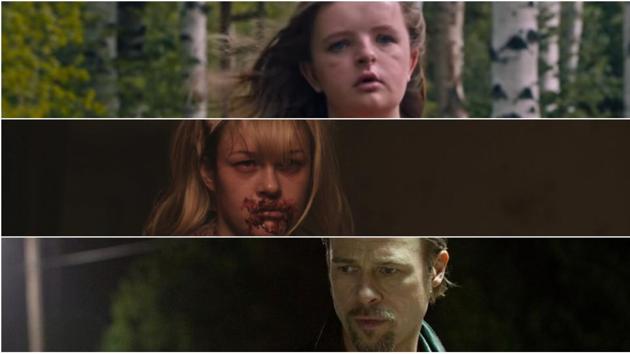
Hemingway isn’t the only artiste to have lashed out at critics, whose reputation as gold-digging, talentless hacks, piggybacking on the success of real geniuses, is a hard one to shake off. In 2016, when his $150 million ‘historical fantasy’ Gods of Egypt was rightfully ravaged by the press, director Alex Proyas responded by gracefully calling them ‘deranged idiots’ and - in a moment of remarkable imagination that was sorely missing from his film - ‘diseased vultures’.
But before you start feeling sorry for the privileged men and women who’re literally paid to watch other people’s hard work and pass judgment, I present to you the glorious words exchanged between the great critic Roger Ebert and the mediocre filmmaker Vincent Gallo, about his 2003 film The Brown Bunny. After reading Ebert’s review of the film, Gallo called him a ‘fat pig’ to which Ebert replied, “It is true that I am fat, but one day I shall be thin, and he will still be the director of The Brown Bunny.”
And as if only to prove that critics could give as good as they get, he delivered what I consider to be his greatest pan, “I had a colonoscopy once,” he wrote, “and they let me watch it on TV. It was more entertaining than The Brown Bunny.”
Recent events have highlighted the role of critics - or lack thereof - in the larger narrative of film, and journalism. Do professional reviewers’ views reflect the audiences’? Are critics behind the times? Is the profession itself under threat of becoming obsolete? Films such as Star Wars: The Last Jedi, and this week’s horror masterpiece, Hereditary, suggest a more serious problem is afoot. While both movies received ecstatic reviews - mine included - they’ve been brutally attacked by paying audiences. The Last Jedi famously scored a 46% audience approval rating on Rotten Tomatoes, well below its 91% critics rating. Hereditary, meanwhile, received a deplorable ‘D’ grade by CinemaScore, a service that polls opening day audiences in the US.
With average viewers’ reactions being commodified as vital marketing tools, and with websites such as Rotten Tomatoes empowering users to post their reviews, the critics versus audiences debate won’t end anytime soon.
The films listed here are the manifestation of this divide. They’re divisive, sure, but no one can question the skill, the ambition and the talent that has gone into making them.
Berberian Sound Studio
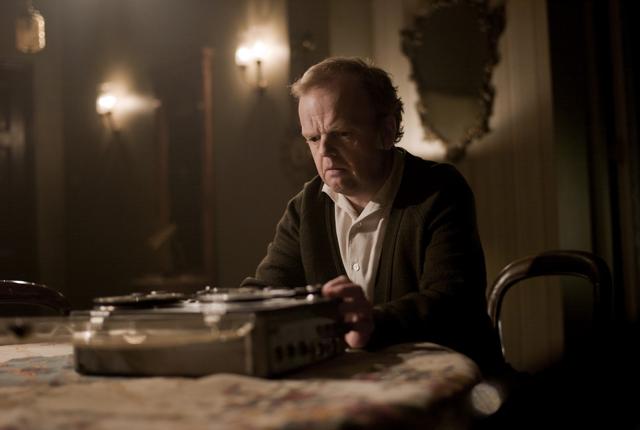
On paper, everything about director Peter Strickland’s claustrophobic thriller is stuff of cinephiles’ dreams. It’s a loving homage to the movies of Alfred Hitchcock, it’s set inside the editing bay of an Italian giallo (think Suspiria) film studio, and it stars Toby Jones, one of the best character actors of our times. And how did audiences react? With a lowly 53% rating against the critics’ enthusiastic 86%. Even sadder, the box office suffered too.
mother!
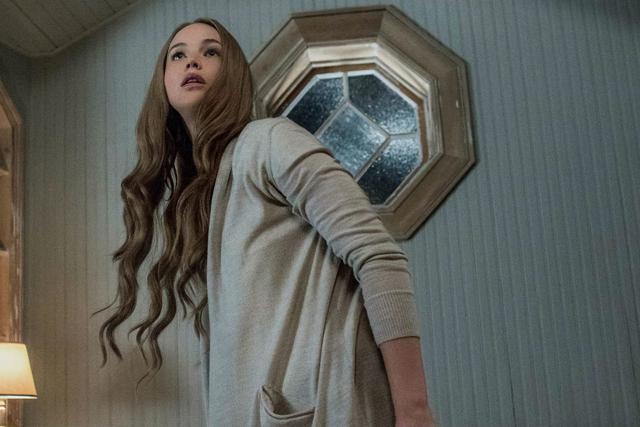
The marketing team behind Darren Aronosky’s Biblical allegory tried their best to use its divisiveness to their favour, but the damage had already been done. Despite being the only legitimate masterpiece of Jennifer Lawrence’s career, most of the headlines about it couldn’t help but mention its ‘F’ CinemaScore - the lowest possible, making it one of only a dozen or so films to achieve this unique distinction. I maintain that it is one of the most original films of the last decade.
Drive
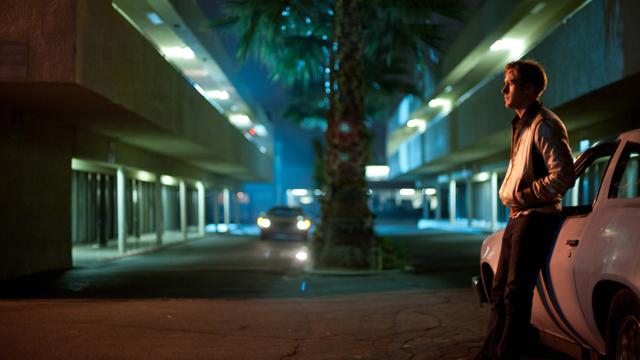
The filmmakers were actually sued by a disgruntled audience member, who had gone in expecting a Fast & Furious-style action-thriller - and in her defence, that’s what the trailers made it out to be - but instead got one of the most introspective noir gems of the last 50 years. Drive has no action to speak of, the main character (played by Ryan Gosling) barely has a dozen lines, but its impact can still be felt, and will continue to be felt for decades to come. If poor CinemaScores are sign of greatness, then its ‘D’ grade is a badge of honour.
The Witch
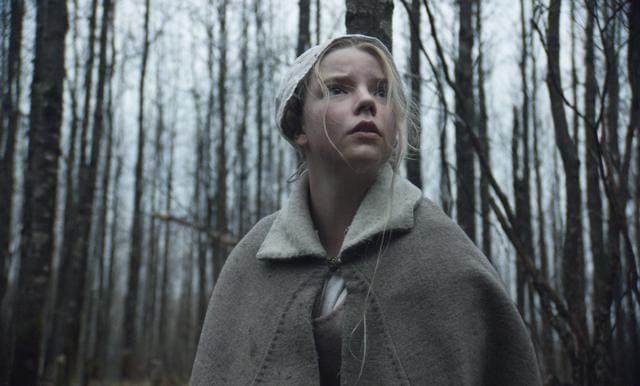
Hereditary has so much in common with The Witch - a supremely talented debutant director, a trailblazing studio, and witches. It’s almost understandable that audiences that have been conditioned to the breakneck nature of modern horror to outright reject a film that has basically one location, a bunch of characters who speak in archaic English, and a murderous goat. Another thing that connects it to Hereditary? It’s dismal ‘D’ CinemaScore.
Killing Them Softly
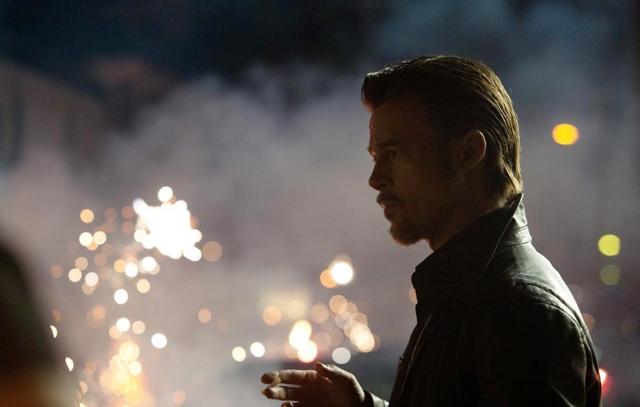
One of the many reasons why audiences react with negativity is when we feel cheated, when the marketing and trailers have painted a very specific picture, only for the final film to be nothing like what we’ve been shown and told for months. When fans bought tickets to the new Brad Pitt crime thriller, they were expecting something along the lines of The French Connection, or other popular ‘70s-style noir sagas, but what they got instead was a rumination on the Great Recession of 2008, a verbose script, and existential dread. The result: a rare ‘F’ grade on CinemaScore.
We Are What We Are
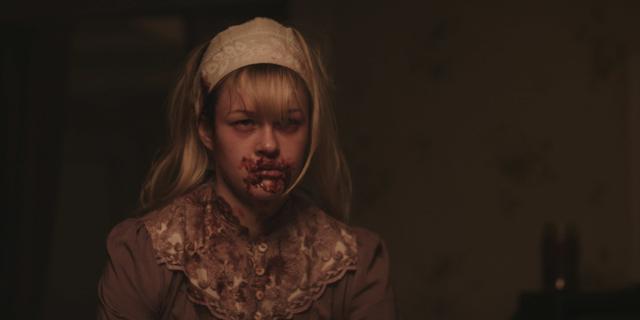
Director Jim Mickle brought a level of sophistication to his remake of the Mexican cult film of the same name, about a family of cannibals that decides to continue ritualistically kidnapping and killing prey after the death of their patriarch. The American version premiered at the Sundance and Cannes film festivals and earned a fantastic 86% Rotten Tomatoes score. The audience responded with a 49%.
Willow Creek
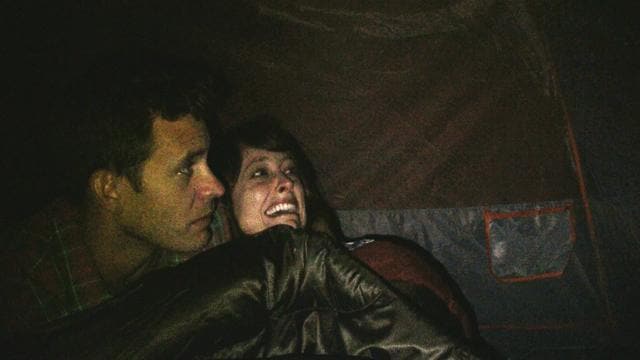
Director Bobcat Goldthwaite’s found footage anomaly was a slight film, but it was my absolute favourite horror movie of 2014. Nothing, however, can explain the staggering divide between the audience and critics’ ratings on RT. While the reviews were glowing (86%), audiences dismissed it with a shameful 33%. Interestingly, the film it most resembles, The Blair Witch Project, was also poorly rated by the public, despite being hailed by the media as a gamechanger.
Oculus
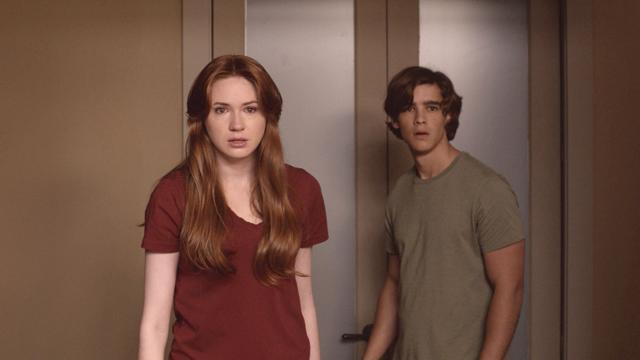
Mike Flanagan is one of the brightest voices in modern horror filmmaking and Oculus, a paranormal thriller about a sibling duo haunted by their past, is perhaps his most mainstream effort - it was even remade in India with Huma Qureshi and Saqib Saleem. In addition to its ‘C’ CinemaScore, there was a massive difference of 20% between what the audiences and critics felt on Rotten Tomatoes.
The Nightmare
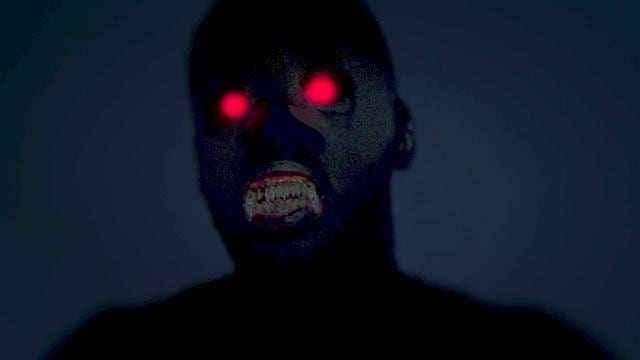
Director Rodney Ascher burst onto the scene with his chilling documentary Room 237 about Stanley Kubrick’s horror classic, The Shining. He followed it up with The Nightmare, a chilling first person account of eight people’s experiences with a condition called sleep paralysis, whose description alone is fuel for sleepless nights. I urge you to read up about it. But the film, despite a solid 71% Rotten Tomatoes score, could only manage a 43% audience rating.
Annihilation

One of the reasons that Paramount Pictures abandoned Alex Garland’s blazingly ambitious sci-fi horror was because they had cold feet about its box office prospects. The film was handed off to Netflix, much to the annoyance of Garland, who maintained that he had intended it for the big screen. Annihilation scored a healthy 87% on Rotten Tomatoes, but a ‘C’ grade on CinemaScore.
Follow @htshowbiz for more
The author tweets @RohanNaahar






